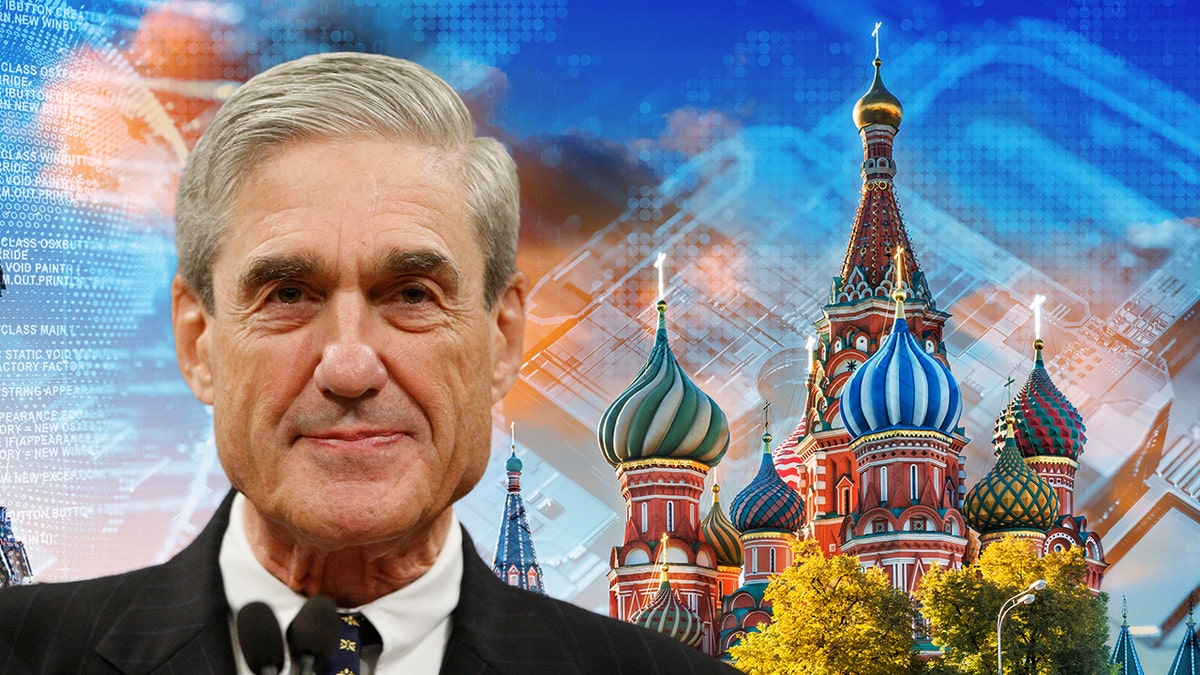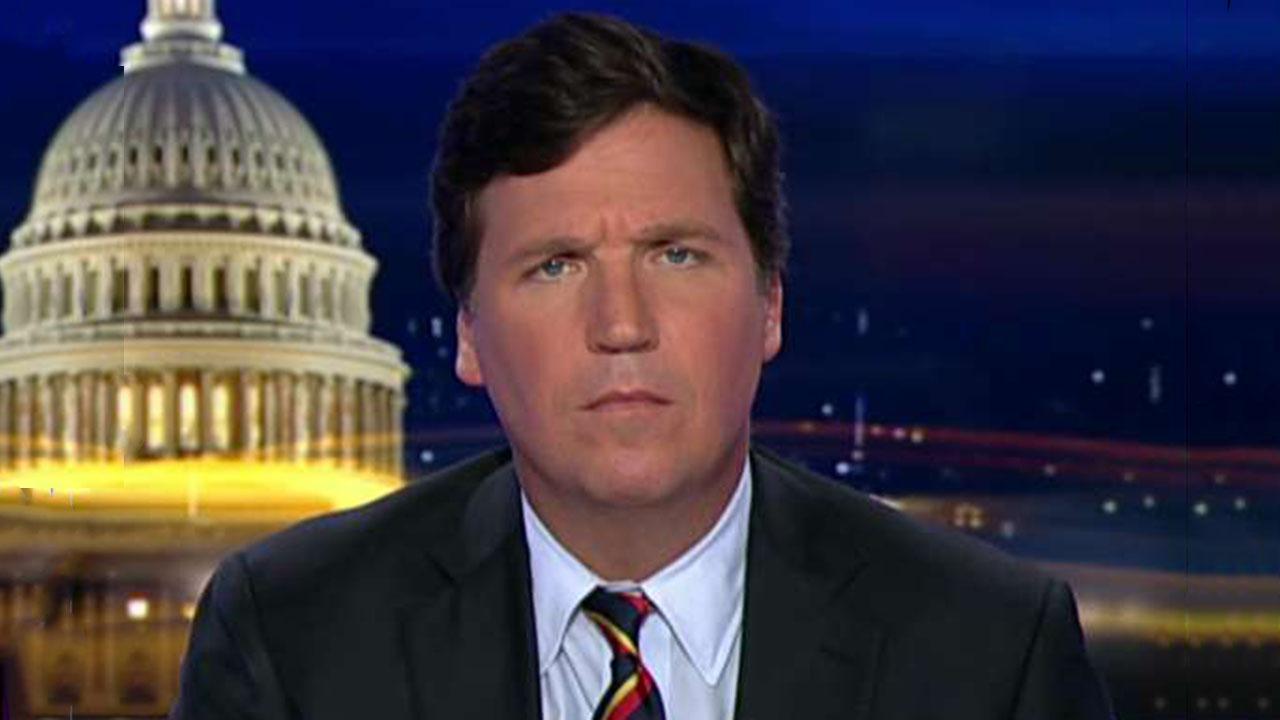Documents filed with the Supreme Court and unsealed on Wednesday revealed definitively, and for the first time, that Special Counsel Robert Mueller is the party seeking a grand jury subpoena and subsequent contempt citation against an unnamed, government-controlled foreign corporation that has resisted prosecutors' efforts at every turn.
Fox News has previously reported on strong indications that Mueller’s office was behind the case, although neither his office nor lawyers for the unnamed overseas company would provide confirmation.
The proceedings are believed to be linked to attempts by Mueller's team to secure information to present to an empaneled grand jury in the special counsel's Russia investigation. Mueller is looking into not only whether members of President Trump's inner circle improperly colluded with Russia, but also a range of other matters pertaining to foreign activities by high-ranking Americans.
Court proceedings have been closed to the public, and court documents have redacted the name of the corporation. During oral arguments in the case late last year, court officials shuttered an entire floor of the federal courthouse in Washington, D.C., from the public and the press.

Special Counsel Robert Mueller has doggedly pursued a subpoena against an unnamed foreign corporation.
“Earlier this year, Special Counsel Robert Mueller served a grand jury subpoena on is a 'foreign state' as the Foreign Sovereign Immunities Act defines the term," the unsealed filing, written by lawyers for the unknown corporation, reads. "From the outset, argued that it is immune under the FSIA from complying with, a criminal subpoena because American courts lack criminal jurisdiction over foreign states. The Special Counsel has argued from the outset that the FSIA does not apply to criminal proceedings and that, if it does, the statute's exceptions can support criminal jurisdiction over a foreign state.”
In January, the Supreme Court issued an unsigned order refusing to dismiss a contempt citation from a federal judge against the corporation for failure to comply with Mueller's subpoena.
The unnamed company -- listed cryptically in court records as owned by "Country A" -- had challenged the subpoena from a federal grand jury in Washington, including daily fines, after it refused to turn over requested documents to U.S. investigators.
The corporation argued that complying with the subpoena would violate the laws of its country and thus constitute an undue hardship. But in December, a three-judge panel for the D.C. Circuit Court of Appeals held otherwise.
The judges ruled "that text of the foreign law provision the Corporation relies on does not support its position" and found that the country's counsel -- and a regulator from the country -- offered only an "atextual" contrary interpretation that lacked "critical indicia of reliability."
The appellate panel also rejected the corporation's argument that the Foreign Sovereign Immunities Act rendered it immune from prosecutors' request.
An interpretation of federal law that "would completely insulate corporations majority owned by foreign governments from all criminal liability," the judges wrote, "seems in far greater tension with Congress’s choice to codify a theory of foreign sovereign immunity designed to allow regulation of foreign nations acting as ordinary market participants."
The panel found "that text of the foreign law provision the Corporation relies on does not support its position" and found that the country's counsel -- and a regulator from the country -- offered only an "atextual" contrary interpretation that lacked "critical indicia of reliability."
Shortly after the Supreme Court issued its order upholding the contempt citation, the D.C. Circuit Court of Appeals issued a separate, partially redacted opinion upholding its earlier ruling against the company. The opinion noted that the company is facing a $50,000-per-day fine for failure to turn over the documents. The papers in question are kept overseas, though the company does have an office in the U.S.
The opinion also noted that prosecutors have been trying to obtain the information since at least this past summer, and the three-judge panel determined it could get involved in the dispute because "there is a reasonable probability the information sought through the subpoena here concerns a commercial activity that caused a direct effect in the United States."














































